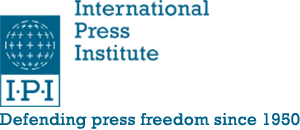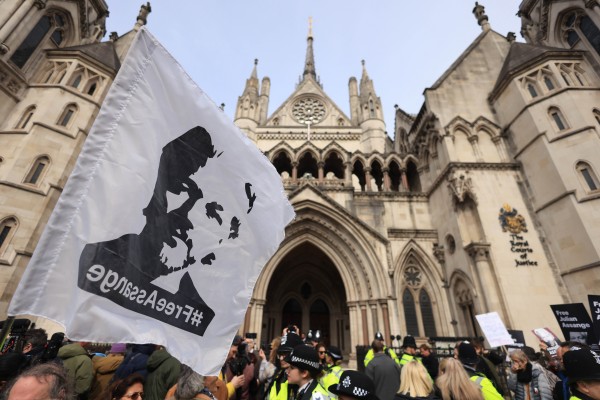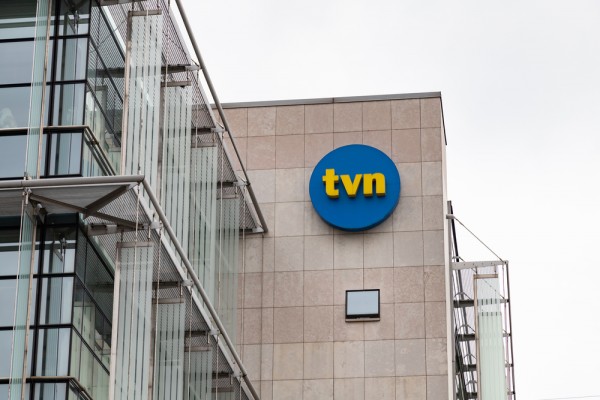The International Press Institute (IPI) has documented 356 attacks on journalists, acts of censorship and serious violations of media freedom since the beginning of Russia’s invasion of Ukraine, according to the latest figures.
Published ahead of World Press Freedom Day on May 3, the data from IPI’s Ukraine War Press Freedom Tracker underscores the devastating toll the conflict has already taken on independent journalism, media freedom and the safety of journalists in both countries.
Seven journalists and media workers in Ukraine have so far been killed in the line of duty since February 24, according to IPI monitoring. There is evidence at least two more may have been killed by Russian troops in occupied territory in apparent connection to their profession.
IPI has also documented 33 serious cases of domestic and foreign journalists reporting from the frontlines in Ukraine being attacked, shot at, or caught in shelling, with many being hospitalized with serious injuries.
This includes 21 journalists either sustaining gunshot wounds or coming under fire and at least 12 members of reporting crews being injured or caught in shelling and other airstrikes.
At least five journalists have been kidnapped or abducted, with some undergoing torture, beatings and other human rights abuses at the hands of Russian soldiers.
Dozens of regional media outlets have been forced to shut due to threats and newsroom seizures. IPI has documented four confirmed strikes on TV towers and infrastructure in Ukraine.
Overall, Russian state authorities and military forces have been responsible for 76% of all press freedom violations linked to the conflict documented by IPI over the last three months.
Massive repression in Russia
In Russia meanwhile, where the Kremlin has moved to wipe out all remaining sources of independent news and information, at least 114 media and news websites have been blocked by the Roskomnadzor regulator, making up 32% of all recorded violations on IPI’s Tracker.
At least 10 major broadcasters or publications have since been shuttered or forced to cease operations altogether, including many of the last bastions of independent news such as Novaya Gazeta, Ekho Moskvy and Dozhd TV.
IPI documented 49 incidents of media professionals being detained as they covered anti-war protests in cities across the country over the last three months. Many were arrested despite being in possession of journalistic identification.
So far, at least eleven journalists have been fined or detained under a restrictive new law criminalizing what authorities deem to be “fake” news about the armed forces. Hundreds of Russian journalists have reportedly since fled the country fearing prosecution.
Dozens of foreign media have also been forced to close their offices and pull their correspondents out of the country, contributing to a blackout for impartial coverage and leaving citizens increasingly isolated and exposed to pro-Kremlin propaganda.
“These figures underscore the devastating toll this war has already taken on the lives of journalists as well as the scale of the human rights abuses and attacks on press freedom”, IPI Executive Director Barbara Trionfi said. “We honour the courage of all journalists who continue to document the tragic human cost of this war in extremely challenging circumstances.
“In Ukraine, journalists reporting from the front lines have lost their lives and other have faced attacks, abductions and torture. In Russia, the Kremlin has moved to systematically cleanse the media ecosystem of all impartial reporting on the war and eradicate what remained of the country’s independent press.
“These attacks in both countries cast a dark shadow over this year’s Word Press Freedom Day. They should also refocus the resolve of the international community to provide much needed support to the journalistic community in Ukraine and the independent Russia journalists driven into exile, while also safeguarding press freedoms at home.
“As this appalling war continues, IPI will continue to do all we can to document every single attack on journalists and every act of censorship and violence against the press, to ensure a comprehensive record exists of the full scale of these assaults on journalistic freedoms.”
Acts of censorship or restrictive regulations on independent journalism accounted for 46% of IPI’s documented alerts, with 87% of these violations carried out by Russian authorities.
Arrests and criminal investigations and charges made up a further 25% of all recorded alerts, of which Russian police and security forces were responsible for 94% of cases.
Attacks on journalists and media actors by Russian armed forces account for 14% of all documented alerts, though these include the most serious attacks and killings.
Russian state authorities such as the government, prosecutors and regulators were responsible for an additional 61% of all recorded alerts.
IPI’s monitoring includes all violations of press freedom linked to the war in Ukraine. While the vast majority of alerts were documented in the territory of Ukraine and Russia, the monitoring also covers Belarus and other states around the world.


